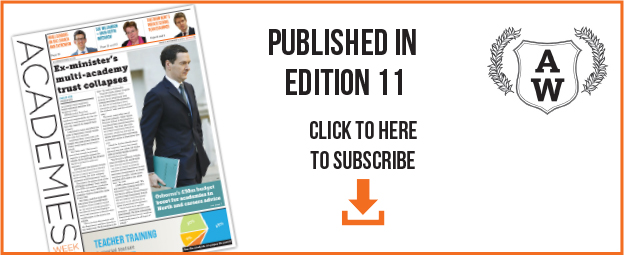Ofsted’s chief inspector has defended the impartiality of inspectors when they inspect faith schools.
Sir Michael Wilshaw said inspectors, and those working through its service providers, must report any potential conflicts of interest before they inspect a school.
He was responding to Lord Warner, chairman of the all-party parliamentary humanist group (APPHG), who asked in November “what steps [Ofsted] takes to ensure inspectors are independent of faith schools”.
Sir Michael’s defence follows Ofsted’s disclosure that of 35 recently completed snap inspections, 11 found that schools “were not preparing pupils for life in Britain today”. Analysis last week in Schools Week showed how this included a failure to promote British values, a requirement set out in the 2002 Education Act.
The Department for Education (DfE) also published advice on British values last week for headteachers and governors in maintained schools. It said that schools should meet the daily requirements for collective worship and ensure that pupils understood and respected that there were people with different faiths.
The DfE advice, however, specifically said that it was not intended as a reference for Ofsted. Schools were reminded that they “should refer to Ofsted’s documents to understand what inspectors look for in assessing this”.
The British Humanist Association (BHA), however, said that it was concerned about practices at particular faith schools and potential conflicts of interest by Ofsted inspectors.
BHA faith schools campaigner Richy Thompson said: “The APPHG recently heard from individuals who attended Haredi Jewish and Accelerated Christian Education schools, both of whom outlined some disturbing practices.
“They also alleged that Ofsted inspectors have not always been independent from the schools they are inspecting, suggesting that Ofsted has not been following its own rules properly.”
In a written response to Lord Warner’s letter, Sir Michael wrote: “Inspectors are required to uphold the highest professional standards in their work and to ensure that everyone they encounter during inspections is treated fairly and with respect.
“These standards are assured through a code of conduct, which includes the requirement for inspectors to evaluate objectively, be impartial and inspect without fear or favour; have no connection with the provider that could undermine their objectivity; report honestly and clearly, ensuring that judgments are fair and reliable; and carry out their work with integrity.”







Your thoughts